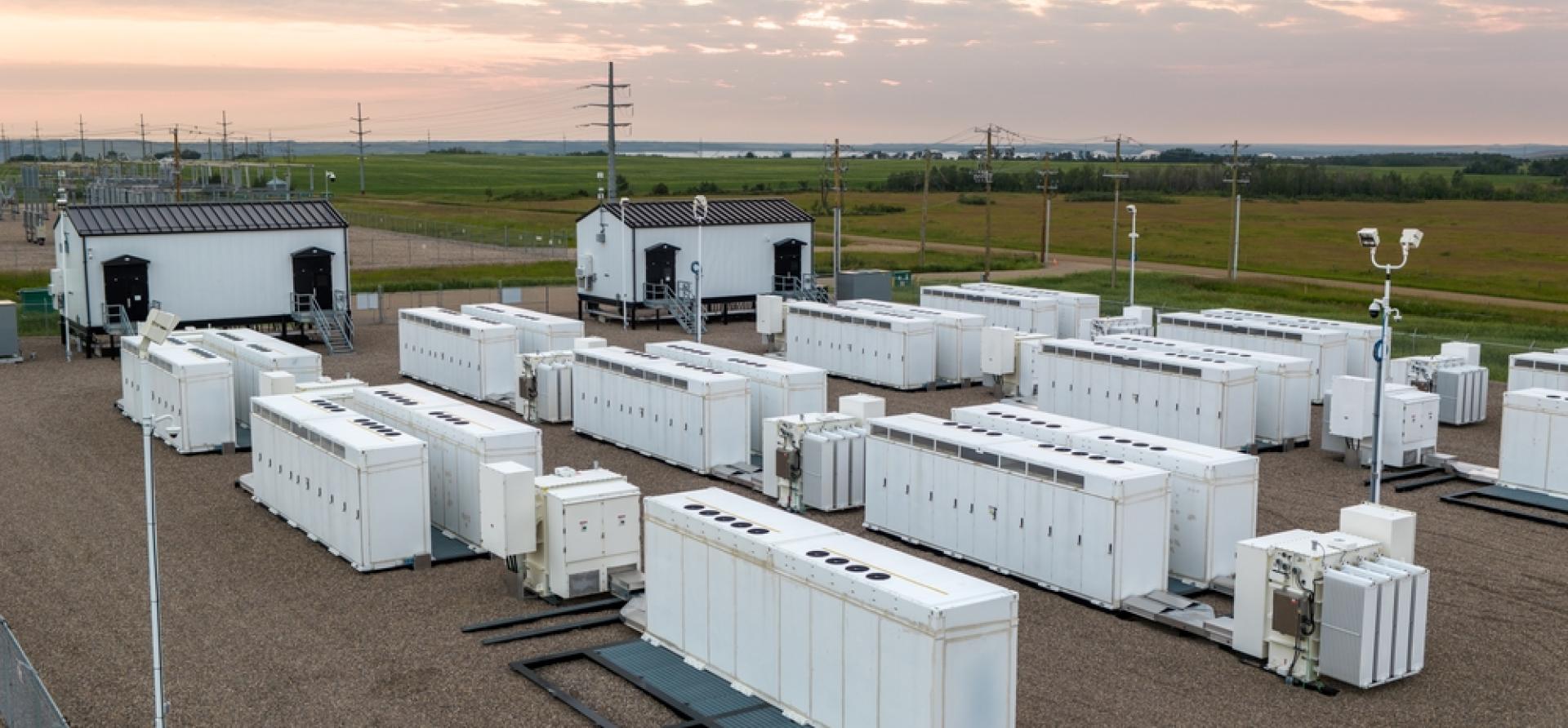30 December 2025

Unlock Infinite Advantages: Subscribe to Annual Membership
Image Credits: Institute for Energy Economics and Financial Analysis (IEEFA)
India�s clean energy journey is gathering pace, but its durability rests on solving a critical challenge. Much like a marathon runner who starts strong but falters when fatigue sets in, renewable energy, too, slows when the sun sets or the wind dies. The missing link is storing the energy pack strapped to the runner's back, keeping momentum steady, and ensuring the finish line is within reach. This once abstract idea is now central to India�s energy future.
Between 2022 and May 2025, India recorded sales of roughly 128 GWh of battery energy storage capacity, according to the Institute of Energy Economics and Financial Analysis. Yet, a large part of this capacity remains in the pipeline, underscoring how critical execution will be. To achieve its target of 500 GW of non-fossil capacity by 2030, the Central Electricity Authority projects the country will require over 400 GWh of storage by 2031- 32, more than half of it from battery systems.
Recognizing the urgency, policymakers have unleashed powerful incentives. These include a ₹91 billion viability gap funding scheme, production-linked incentives for advanced battery manufacturing, and an energy storage obligation climbing to 4% by 2030. Hybrid renewable tenders featuring storage have already risen from 12% in 2021 to nearly 50% in 2024, a striking indication of market momentum.
Amid the backdrop, five companies are emerging as pivotal forces in India�s storage revolution. These firms combine manufacturing heft, utility scale execution, and EPC expertise, positioning themselves as critical enablers of round the clock clean power.
Investor enthusiasm is evident in the valuations of these firms, which trade well above historical averages, reflecting the sector�s promise but also signaling caution. Battery storage is no longer an ancillary concept; it is the linchpin of India�s clean energy reliability. The coming years will test not just ambition but execution. The companies that can deliver scale efficiently and on schedule will define the trajectory of India�s energy transition and reward investors who bet wisely
30 December 2025
27 October 2025
24 October 2025
23 October 2025
We offer automotive expertise for market projections and customizable research, adaptable to diverse strategic approaches.
Contact Us